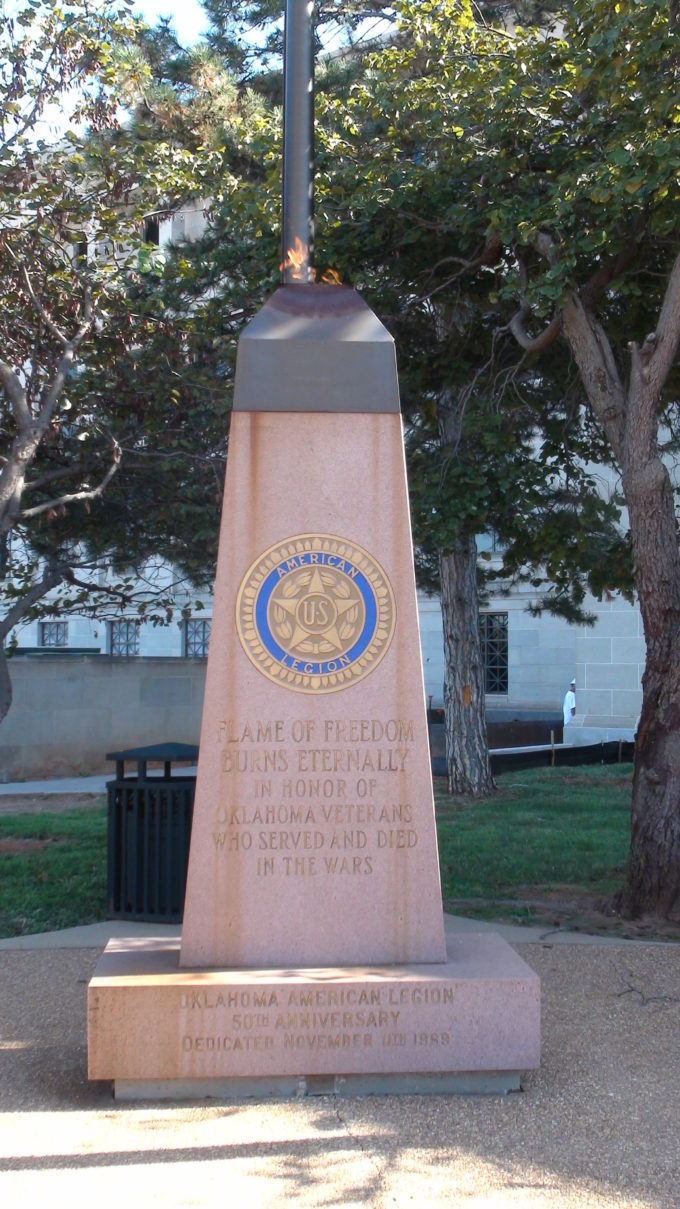
Thursday, 23 April 2020
For this is the message that you heard from the beginning, that we should love one another, 1 John 3:11
The previous verse relayed that the one who does not love his brother is not of God. To demonstrate that this is something expected of those who are in Christ, John now says, “For this is the message that you heard.” The word translated as “message” was first used in 1 John 1:5. This is now its second and last use. It signifies an announcement. By implication, it is then a precept.
John says this message is one “that you heard from the beginning.” This thought goes back to Chapter 2. There he wrote –
“Brethren, I write no new commandment to you, but an old commandment which you have had from the beginning.” 1 John 2:7
There, he used the word “commandment.” Here John calls it a “message.” John is showing that this “commandment” is not one which falls under the category of the law. Rather, it is a precept which is expected of believers, but the failure of which (something that all must admit to from time to time) does not end in the imputation of sin.
The words, “from the beginning,” speak of from the beginning of the New Covenant. Christ Jesus had set forth this commandment, and it then extended forth to all who heard the word.
John then says the message is, “that we should love one another.” This is taken from John’s gospel, where he noted the words of Jesus –
“A new commandment I give to you, that you love one another; as I have loved you, that you also love one another. 35 By this all will know that you are My disciples, if you have love for one another.” John 13:34, 35
John is repeating that word from the Lord to ensure it would continue to be remembered by those who do believe, and to be passed on to those who will believe. So ingrained in John was this precept, that the Pulpit Commentary notes –
“Jerome, in his ‘Commentary on Galatians’ (Galatians 6:10), tells us that when St. John became too infirm to preach, he used often to say no more than this, ‘Little children, love one another.’ His hearers at last wearied of it, and said, ‘Master, why dost thou always say this?’ ‘It is the Lord’s command,” he replied; “and if this alone is done, it is enough.’”
Life application: Think about the times in which the recipients of this letter were given this word. Their lives were lived under the weight of the Roman Empire. The emperors were heralded as living gods. Vows of allegiance to them were often required, and the complete authority of the empire rested in their hands.
At times, people living under these rulers were expected to verbally acknowledge the deity of the emperor or forfeit their own lives. This very well may have been what John was thinking about as he wrote this. The Christians were desperately in need of sticking together, despite petty differences. As it says in Ecclesiastes –
“Two are better than one,
Because they have a good reward for their labor.
For if they fall, one will lift up his companion.
But woe to him who is alone when he falls,
For he has no one to help him up.
Again, if two lie down together, they will keep warm;
But how can one be warm alone?
Though one may be overpowered by another, two can withstand him.
And a threefold cord is not quickly broken.” Ecclesiastes 4:9-12
There is strength in numbers. More importantly, the bond of love is that which securely holds those numbers together; cementing them into one strong and impenetrable union. This is truly the message we have heard from the beginning, because love is the very state which would have kept us from all of the grief of ages past, which sustains us in the present, and is the perfect state we can anticipate for the eternal ages which are yet future. Listen well to the advice – We should love one another.
Most glorious Heavenly Father, give us the ability to love others, even as You have loved us. We can look to the mystery of the Trinity and see infinite and perfect love. We can look to the cross and see unimaginable love. We can look to the eyes of our Savior and see eternal love. May we reflect these examples in our love for those around us, and especially for our brothers and sisters in Christ! Amen.




